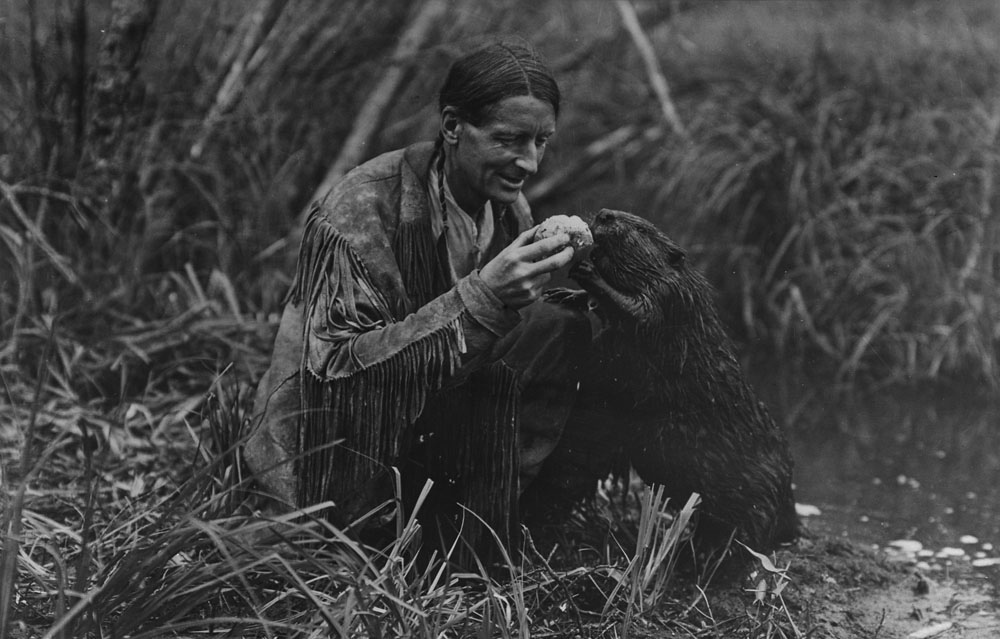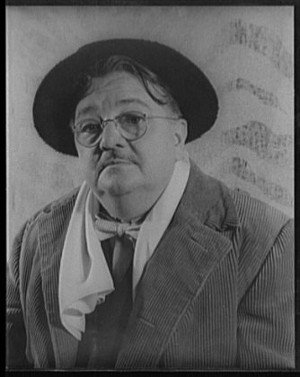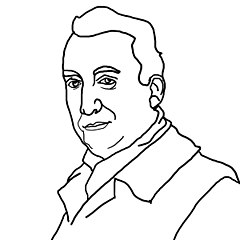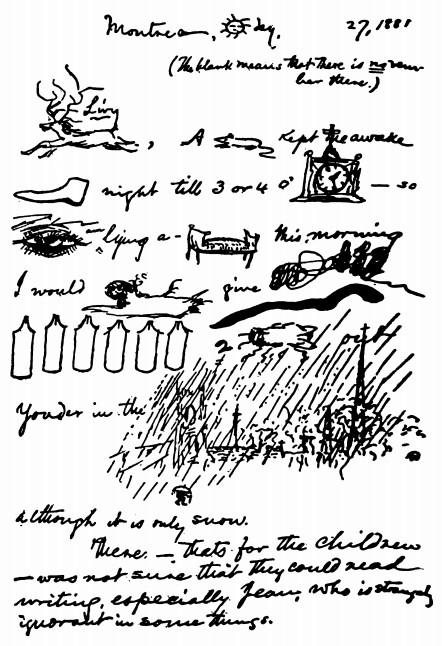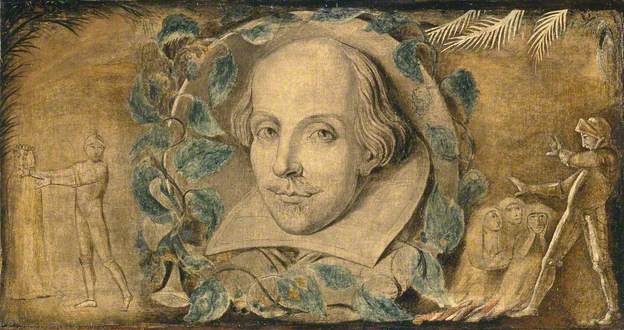I like: salad, cinnamon, cheese, pimento, marzipan, the smell of new-cut hay (why doesn’t someone with a ‘nose’ make such a perfume), roses, peonies, lavender, champagne, loosely held political convictions, Glenn Gould, too-cold beer, flat pillows, toast, Havana cigars, Handel, slow walks, pears, white peaches, cherries, colors, watches, all kinds of writing pens, desserts, unrefined salt, realistic novels, the piano, coffee, Pollock, Twombly, all romantic music, Sartre, Brecht, Verne, Fourier, Eisenstein, trains, Médoc wine, having change, Bouvard and Pécuchet, walking in sandals on the lanes of southwest France, the bend of the Adour seen from Doctor L.’s house, the Marx Brothers, the mountains at seven in the morning leaving Salamanca, etc.
I don’t like: white Pomeranians, women in slacks, geraniums, strawberries, the harpsichord, Miró, tautologies, animated cartoons, Arthur Rubinstein, villas, the afternoon, Satie, Bartók, Vivaldi, telephoning, children’s choruses, Chopin’s concertos, Burgundian branles and Renaissance dances, the organ, Marc-Antoine Charpentier, his trumpets and kettledrums, the politico-sexual, scenes, initiatives, fidelity, spontaneity, evenings with people I don’t know, etc.

